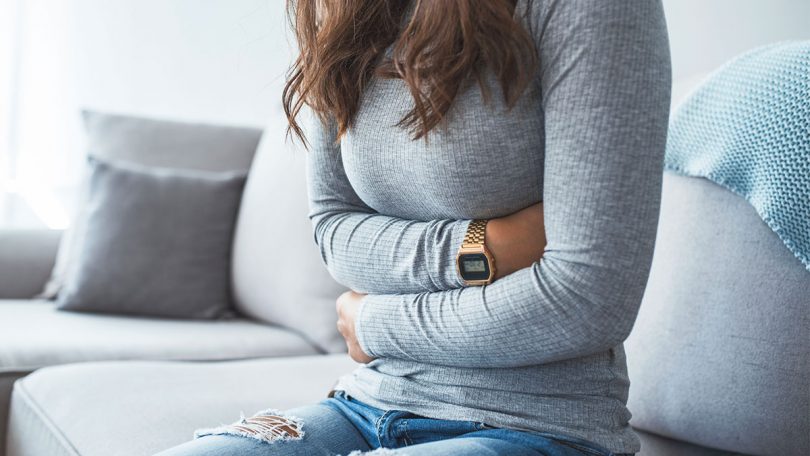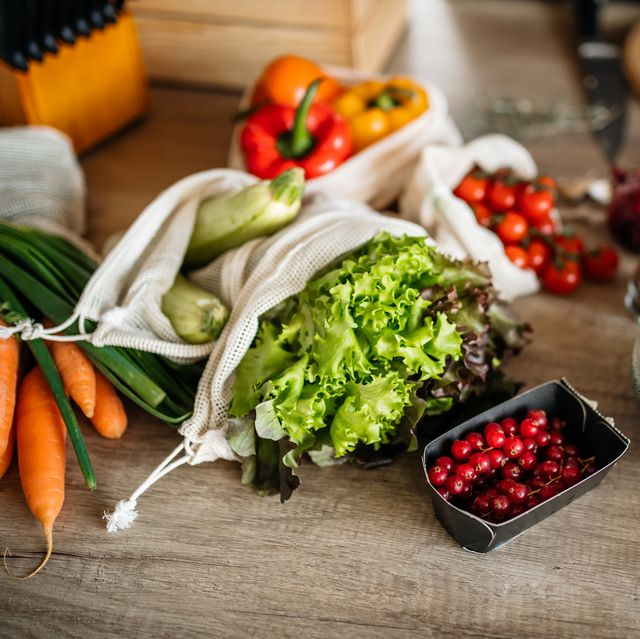Is Keto Dangerous for Digestive Health?
Everyone knows that constipation is uncomfortable for sure, but can it harm your health? Aside from the risk of hemorrhoids due to constipation, the issue is that constipation is simply a sign that something’s off in your body.
When to Worry if You’re Having Tummy Trouble on the Keto Diet
If you’re new to the keto diet, it’s not abnormal that an intense dietary swing would change your bowel habits, so you may need to give your GI system time to adjust.
Gut-Friendly Action Plan for Following Keto
Choose keto-friendly high-fiber foods. Many people on a keto diet count so-called net carbs, which are grams of total carbs minus grams of fiber. That’s great news for people who are looking to get more fiber in their diet, as it will give you more wiggle room to meet or get close to your quota. High-fiber, keto-friendly foods include nonstarchy vegetables, like broccoli (1 g fiber, 2 g net carbs per ½ cup), artichokes (7 g fiber, 6.5 g net carbs per medium-sized artichoke), and collard greens (1 cup of cooked, chopped greens has 7.5 g of fiber and 3 g net carbs). Some fat sources also have a lot of fiber, like avocado (1 whole avocado has 13 g of fiber and 4 g of net carbs) and nuts (1 ounce [oz] of almonds has 3.5 g of fiber and 2.5 g of net carbs).
Load up on fermented foods. These contain natural probiotics to support gut health
Take a fiber supplement. First, a warning: It’s difficult to get all the fiber you need from supplements alone, says Albenberg. So, make sure your keto diet is well planned so that it includes high-fiber foods, too.
Try a whole food “supplement.”
Stay hydrated. Adequate water intake is key to moving things along. The Institute of Medicine recommends that women get 91 oz of total fluid from beverages and foods daily and men get 125 oz.
Ask your doc about using a short-term laxative. Normal bowel frequency ranges from three movements daily to one every three days, says Riopelle. If you’ve gone beyond what’s normal for you, you can talk to your primary care physician about whether a stool softener or stimulant laxative on a short-term basis might be right for you.
Don’t count on probiotics. It may be tempting to pop a probiotic supplement and count on it to sort out your digestive health. But there’s not much evidence that commercial probiotics impact GI health in a meaningful way — and many do nothing at all — says Albenberg. For this reason, focus your efforts on fiber.
Don’t count on coffee, either. For some people, a cup of coffee does stimulate a bowel movement for those who are stopped up, but it’s not true for everyone, says Riopelle. It’s okay if coffee has this effect, but the point is, this isn’t a reliable go-to fix.



Leave a Reply